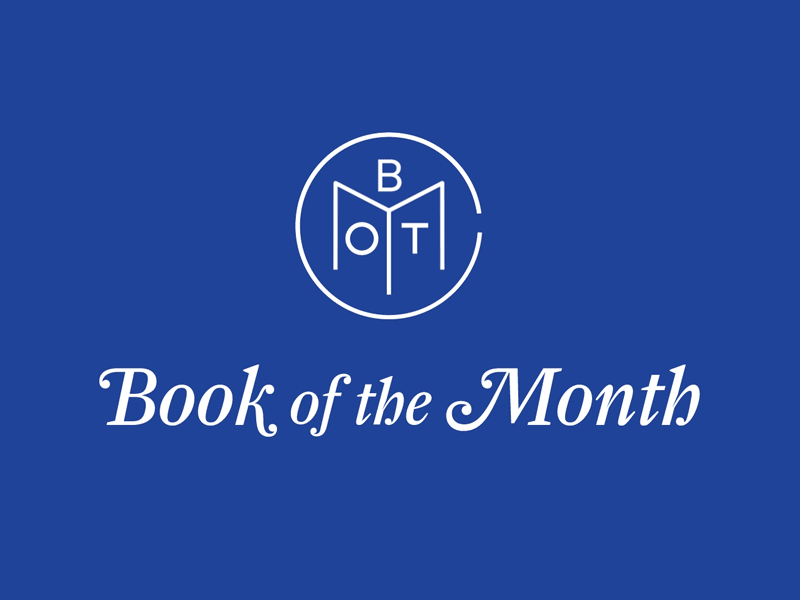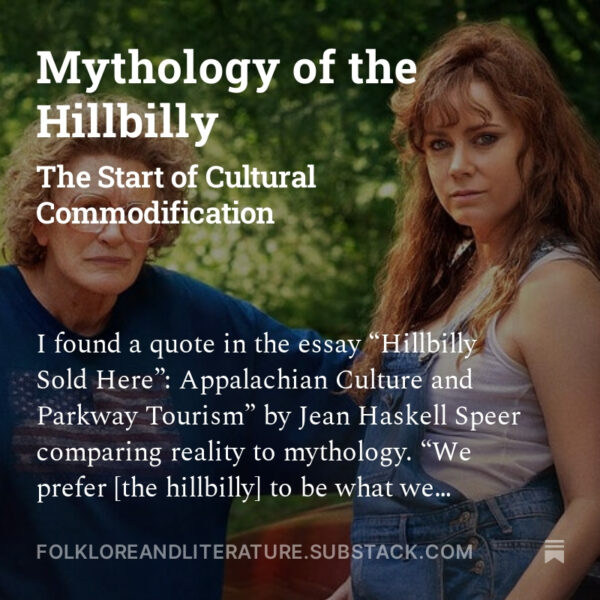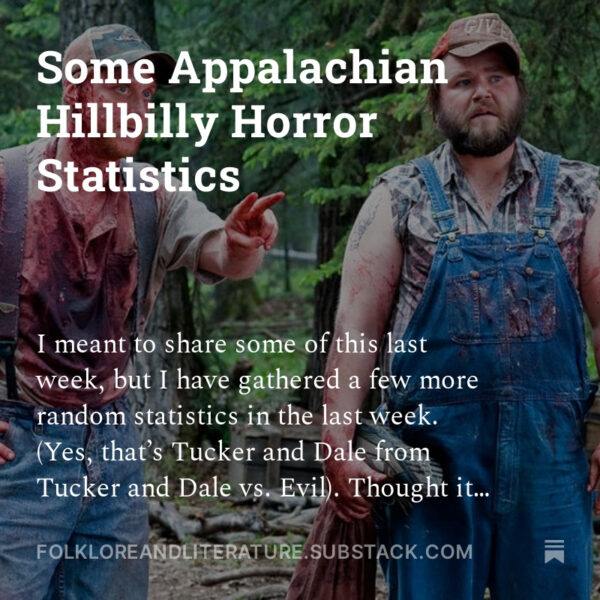Acceptance, Tolerance, and Literature
I might be overreacting here but this is the kind of thing that makes me want to beat my head against a wall and scream at people.
I subscribe to the Bibliolifestyle newsletter, which I really enjoy. Today Victoria’s newsletter was titled “How to Tolerate Difference in Books.” I thought this might have to do with writing styles or reading a genre one doesn’t normally read and adapting.
But no.
That’s not what it was about at all.
It was about racial difference.
She does have a point and some really good advice
One of the keys to developing a tolerance for difference is being willing to read books that we might not enjoy. Often, it is easy to fall into the trap of only reading books that confirm our pre-existing beliefs and values. However, this itself is a form of intolerance. By purposefully seeking out books that we might not initially gravitate towards, we open ourselves up to new ideas and perspectives. We become more tolerant and accepting of others through exposure to different thoughts and viewpoints.Moreover, it is crucial to read books written by people who are different from us. Not only does this allow us to learn about new cultures and backgrounds, but it also helps us to empathize with others who are different from us. This type of empathy is more important than ever in a world that is growing more divided.
Of course, we will not always agree with the perspectives presented in the books we read. Sometimes, we may dislike the main character or disagree with the author’s message. However, this is all part of learning how to tolerate differences. We need to be open to the fact that not everyone will share our point of view. Rather than closing ourselves off to these differences, we should embrace them as opportunities for growth and understanding.
tolerance:
- the ability or willingness to tolerate something, in particular the existence of opinions or behavior that one does not necessarily agree with.
acceptance:
- the action of consenting to receive or undertake something offered.
- the action or process of being received as adequate or suitable, typically to be admitted into a group.
I am sure that Victoria did not use tolerance when she meant acceptance. It’s just in the world we live in, the word tolerance triggers me. How hard is it to accept people who are different from you as people? I also know, logically, that tolerance is a step toward acceptance. However, as a society we talk about tolerance more than acceptance. We must tolerate LGBTQ+ people. We must tolerate people of color. We must tolerate disabled people.
I tolerate (put up with) people who say this. I tolerate the opinions of science deniers (then add their opinions to my research on conspiracy theories). When talking about tolerance toward groups of people who are different than you, it leaves room for bigotry, racism, and marginalizing. That is what we are trying stop.
Reading diversly is different, but not exclusive, to reading outside your comfort zone. A romance book is a romance book. Love is a wonderful thing and if someone finds love who cares who it is with. The fact there are people who would rather see someone lonely and alone or be someone they are not, rather than with someone of the same gender boggles my mind. That is some kind of sadistic schadenfreude right there. Stop worrying about what to people are doing in privacy. Being obsessed with the sex life of strangers is really kind of creepy.
If you are reading science fiction and fantasy you are already reading about social issues. If I had a dollar for every time I heard someone rant against a book character who is racist against elves or orcs, and they say something totally racist about a black person, I could by another 1000 books. Seriously, listen to yourselves and apply what you are reading to your own life. I had someone tell me they didn’t understand the episode of Star Trek, Let that be your Last Battlefield.
Me: It’s about racism.
Them: I still don’t get it.
Me: It’s about racism.
It’s also a visual reminder of how far special effects have come since 1969.
Reading one of the things assigned for one of my folklore classes, I read something that I labeled “the most racist thing I have read in a while.” That’s saying something since I am on the internet like everyone else.
The study of non-European peoples, especially those designated “primitive,” routinely fell into such categories as “natural history.”
Seriously? One of the worst parts of this is in 1902 this mindset let to a Mbuti man (the Mbuti are a group of African pygmies), Ota Benga, being put on display in the orangutan house at the New York Zoological Park in what is now the Bronx. He was also displayed at the Worlds Fair and The National Museum of Natural History before dying of suicide. I remember reading in sociology class about how Native Americans used to be part of live displays as well.
One has to have some kind of tolerance in order to want to study a group of people to learn more about them. In the case of the Native Americans, ethnographers who were advocating for preserving the Native American way of life collected information about them, their customs, their religion, their music and dance and food, to use in assimilating them to a white colonized way of life. That is pretty screwed up. Acceptance would have been leaving them the hell alone.
I’ll get off my soapbox now. Thank you for coming to my Ted Talk and please, for the love of everything holy and unholy, use these two words properly.
















